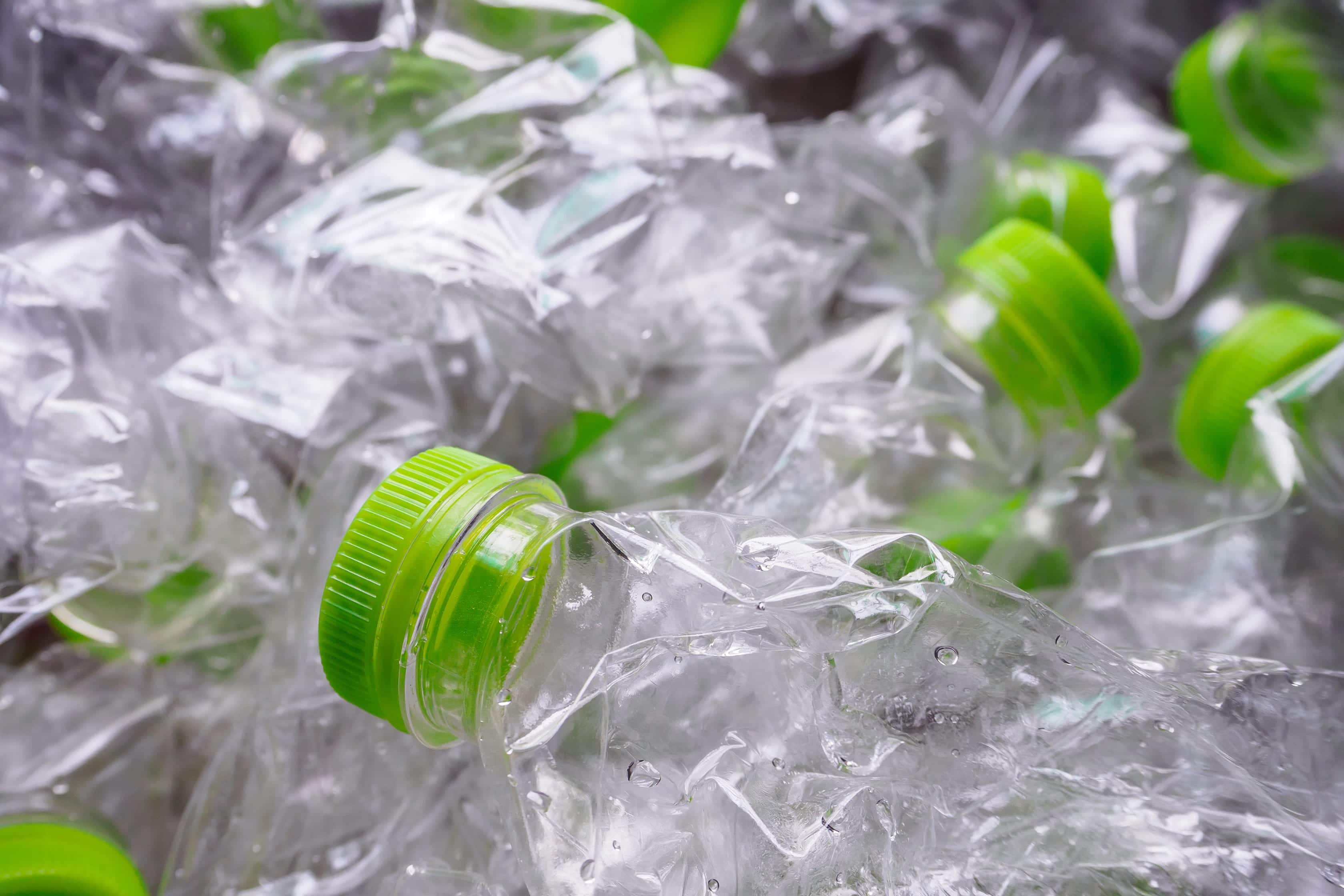eCircular Wrap-Up
The end of the programme
Since 2018, eCircular, the Flagship Programme of EIT Climate-KIC on circular economy, has brought together innovators from across Europe to explore innovation pathways for plastic waste prevention (PWP) in Europe. December 2020 will mark the end of the programme. During the last three years, eCircular has contributed to accelerating the circularity of plastic-based material systems, using systemic innovation at a regional level to explore solutions, and developing educational and design tools focused at the dematerialisation of urban plastic demand, with a special focus on digital solutions.
The main outcomes of the programme are the set-up of regional hubs with a demand-led approach. The regional scale has proved to be effective in identifying key barriers and limitations, thanks to the cooperative work with all the actors in a regional ecosystems in Italy, Austria, and Germany. Specifically, in the regional hub industry, academia, research centres, regional government, public administration, NGO are working cooperatively, in order to harmonise solutions to avoid abrupt changes and impact on occupation and revenues. The regional hub addresses policies, technology and regulation aspects. A learning loop approach was used to extract the insights of the model and to promote replication in other European regions.
The outcomes
In summary, the main outcomes of regional hub model are:
- Co-design of pilot initiative with private and public stakeholders to find alternative solutions for single-use plastics.
- Co-design of circular business models for food packaging.
- Set-up of Forum on circular plastics, in cooperation with Regione Emilia-Romagna Government.
- Organization of several workshops to discuss the barriers towards circular plastic innovation.
- Monitoring of plastic figures (business, innovation, circularity, production, use, recycling) for Regione Emilia-Romagna.
- Co-design of fiscal incentives to support the transition towards plastic-waste prevention.
In terms of digital innovations, the programme has led to two main outcomes:
- A digital tool to support reusability-oriented product design. This tool can provide at-a-glance information and simplify sustainable product design, reducing the time-gap between idea and concrete actions.
- Feasibility study on material passport and traceability.
In terms of education, the program issued a MOOC specifically oriented to plastic waste prevention. The MOOC was realized with a modular approach, that can easily be adapted to different targets: students, public and private professionals. Moreover, several Climathons (hackaton) were realized in Austria, Germany, Italy and Sweden. These events have successfully engaged citizens towards plastic waste prevention.
In summary, eCircular has contributed to circularity of plastic-based material systems and to dematerialisation of urban plastic demand with preventative approach and digital solutions. The final goal is a carbon-neutral plastic system in Europe by 2050. Please continue to follow our LinkedIn group.


